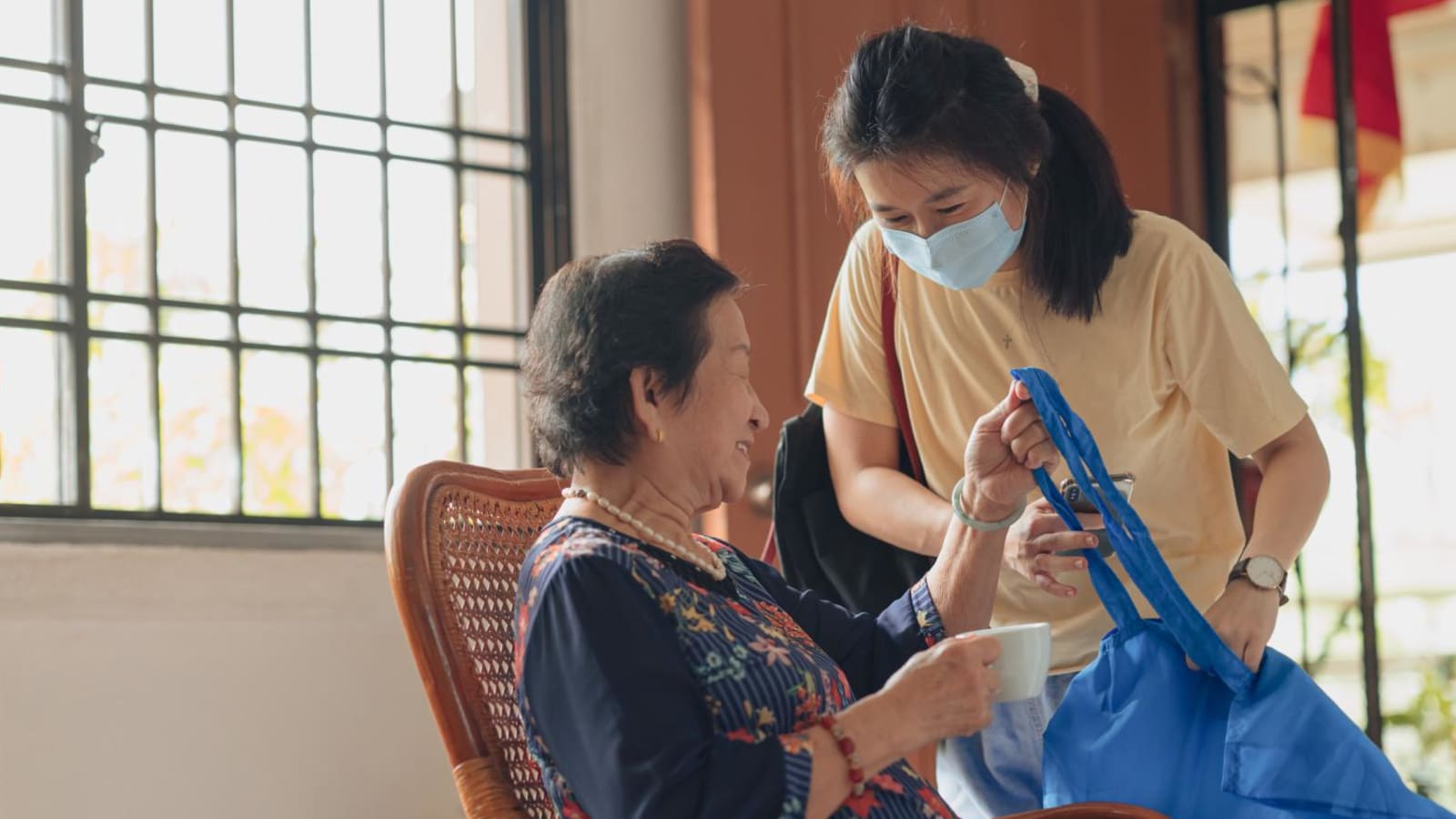SINGAPORE: The salaries of workers in the social service sector will be raised by between 4 per cent and 15 per cent from Apr 1, Minister for Social and Family Services Masagos Zulkifli said on Friday (Mar 3).
The Ministry of Social and Family Services (MSF) and the National Council of Social Service (NCSS) have revised the salary guidelines for the sector across all professions and job levels, MSF said in a press release.
“A strong core of passionate and competent professionals is especially crucial … they need to be given due recognition and supported in their work,” said Mr Masagos during the Committee of Supply debate on his ministry’s budget.
The wage increases can potentially benefit more than 20,000 employees in the social service sector comprising social workers, therapists, psychologists and early intervention educators among other professions.
For example, an early intervention teacher gets a salary of about S$4,850 under FY2022 guidelines, but will get about S$5,230 after the revision, using salary references published by NCCS for employees who are “competent on the job”.
This is the first time since 2018 that MSF and NCSS have reviewed the sector’s salary guidelines. The current review was based on wages of comparable job roles in competing labour markets.
Social service agencies will also receive greater financial support to better serve those in need, MSF said.
For instance, the Tote Board has committed about S$846 million in funding for more than 70 key social service programmes over the next five years, the ministry said. This is their largest commitment to date and complements the Government’s funding of about S$400 million a year.
ENABLING HUBS IN COMMUNITIES
The first Enabling Services Hub will be launched in Tampines West Community Centre by mid-2023, said Senior Parliamentary Secretary for Family and Social Services Eric Chua. The hub is operated by SG Enable in collaboration with SPD, a charity serving people with disabilities in Singapore.
Tampines was selected as it has one of the highest numbers of adults with disabilities in the east, said MSF. There will also be a satellite site at Bedok.
This is part of initiatives in the Enabling Masterplan 2030 to help people with disabilities, their caregivers and families to access community and employment support closer to their homes.
At the Enabling Services Hub, people with disabilities can take part in social activities to interact with neighbours and volunteers, and attend courses to pick up new skills. Caregivers who need a short break can also make use of drop-in respite care services, said Mr Chua.
The ESH will have an outreach team, which will actively engage people with disabilities and their families living in Tampines and Bedok, especially those not currently enrolled in any disability services, he added. Community befrienders will be matched to those who need more support.
A second pilot – the first Enabling Business Hub – will be launched by SG Enable in Jurong West in the second half of 2023. SG Enable will collaborate with industry associations to showcase inclusive hiring practices and encourage more employers to adopt them.
The hub will “bring jobs closer to where persons with disabilities live”, said Mr Chua.
“Many persons with disabilities can and want to be gainfully employed with dignity, not just for charity,” he said.
MSF said that the west of Singapore is estimated to have one of the largest numbers of unemployed people with disabilities who are work-capable and would benefit from customised work support and a structured environment to work in.
With the hub, people with disabilities will have work opportunities and job support near their homes, the ministry said.
Employers can tap on shared facilities such as training and calm rooms to facilitate inclusive employment or attend learning journeys to find out more about inclusive hiring and best practices to implement at their workplaces.

